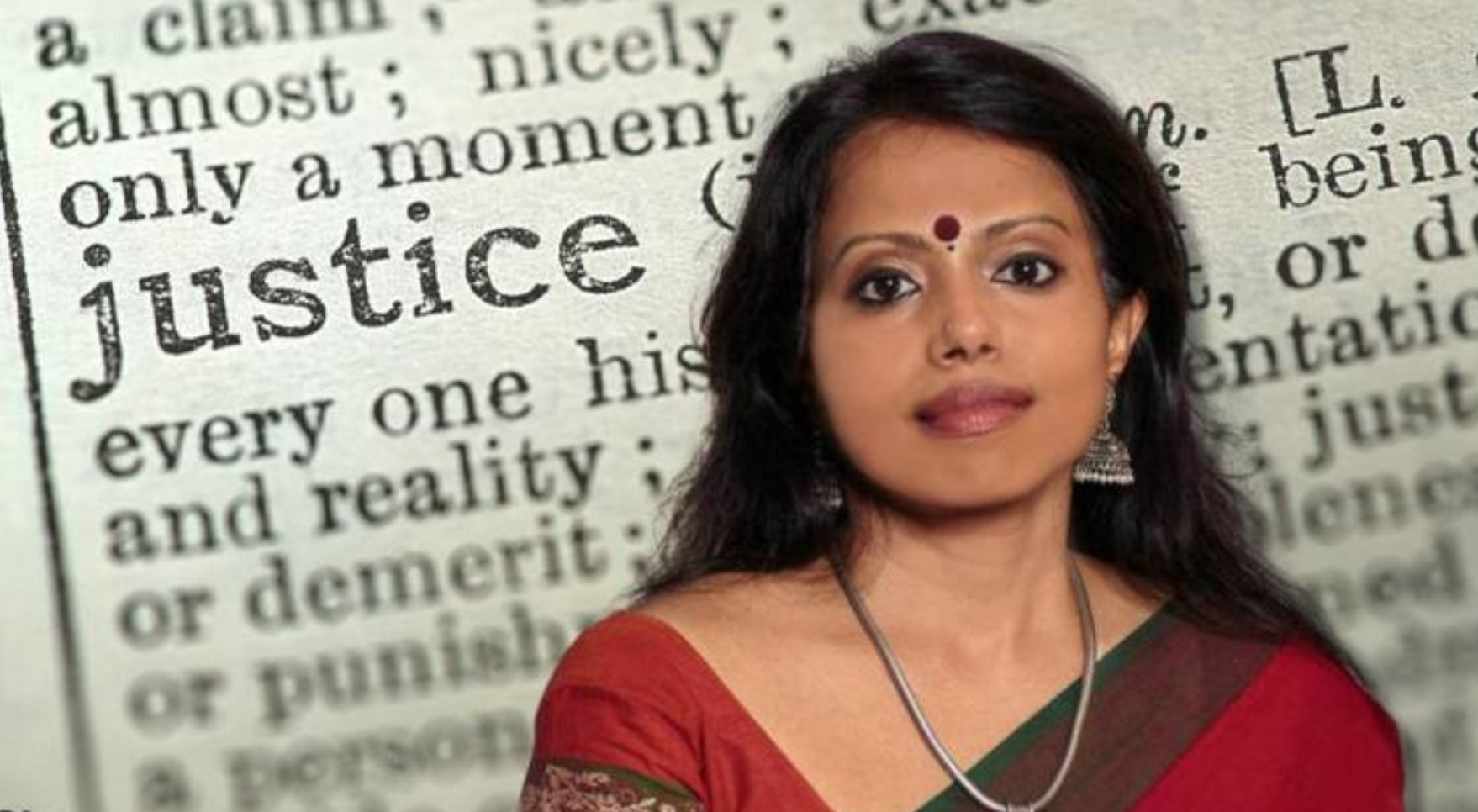Ambika Satkunanathan's Message Marking 75th Anniversary of International Human Rights Day

By Ambika Satkunanathan
Universal Declaration of Human Rights at 75: A Requiem?
On the 75th anniversary of the Universal Declaration of Human Rights (UDHR), the cornerstone of the international legal system, the survival of the international legal system, hangs in the balance.
The international legal system is not perfect. It can even be described as weak, due to its lack of enforcement powers. Due to the power inequities within the system, it has also been labelled hypocritical whenever it has failed to hold powerful nations to account. The system is further weakened by the veto power of the five permanent members of the UN Security Council, who have used their veto to prevent accountability initiatives. For example, members have used their veto to prevent countries from being referred to the International Criminal Court. Furthermore, the United Nations, which houses the international mechanisms and is tasked with monitoring, safeguarding and sometimes implementing international law, is itself no stranger to inequality, discrimination, racism and sexism. Hence, despite being the guardian of the UDHR, human rights have not been internalized nor institutionalized within the UN system, with many UN agencies misguidedly viewing human rights as an inconvenience, which hinders their ability to fulfill their mandates.
The UDHR and the human rights discourse assume the international legal system is neutral and objective, a notion that has been proven to be a fallacy. Radhika Coomaraswamy in her analysis of the Rule of Law states that, “the Rule of Law, despite its pretensions of objectivity and neutrality, is, in the final analysis, also a system of power. It includes and excludes people, it disciplines and punishes and it fosters certain values and attitudes encasing them in a belief that they are time-honoured and eternal”. When viewed through this analytical lens, the inequities in international law and the international legal system become evident.
Re-thinking Paradigms and Strategies
In recent decades social justice interventions have focused on legal reform initiatives and litigation to seek redress for historical and structural injustices. This has yielded mixed results. Given the consistent historical erosion of the international legal system, an examination of how rights are constituted within the legal sphere is required.
The appeal of rights can be easily understood. Rights are linked to democracy and fundamental freedoms that are deemed to be universal norms shared by the international community. As Carol Smart states, “Rights protect the weak against the strong and the individual against the State”. They are accessible to all or as she states, “it enters into a linguistic currency to which everyone has access”. This then is the magic of rights that inspires near universal faith in the rights discourse. In spite of their sometimes-ineffective nature, a loss in rights “is equated with a loss of power or protection”.
As in the case of the law and legal processes, in the case of rights too, the values and qualities upon which they are based are thought to be self-evident and universal. The allure of universality is that it gives the appearance of eradicating prejudices and biases and being inclusive. Yet, upon closer inspection it becomes clear that under the guise of inclusiveness it ignores and sometimes actively destroys diversity and alternate views.
The rights discourse also tends to oversimplify complicated power relationships. For instance, it assumes that the choice to exercise a right will not have an impact on other areas of a person’s life. It assumes that complex human relationships can be reduced to simple rights and obligations.
It views the world through the narrow lens of the law and fails to understand consequences in real life. It also creates the impression that the “problem” has been resolved which absolves the law of responsibility for structural change. Rights do not always solve problems but as Smart argues, “transpose the problem into one that is defined as having a legal solution”. The rights discourse therefore tends to ignore existing unequal power relations, which can lead to unforeseen results in the real world. Hence, ignoring structural inequalities and power imbalances, and casting rights in individual terms might result in only individuals obtaining “justice” while the structural inequalities continue to exist.
Gaza: The End of International Law?
Yet, victims continue to look to international mechanisms, such as the UN Human Rights Council, for remedies owing to the lack of national options to obtain redress for rights violations. They do this despite international mechanisms lacking the power to provide the substantive remedies they demand, such as accountability and reparations. The failure of international mechanisms was particularly evident during the last stages of the armed conflict in Sri Lanka in 2009, when it was not even possible to convene an informal meeting (called Arria formula meeting) at the UN Security Council at the height of hostilities. This is the deeply flawed international system that exists, and even this flawed system is being dismantled now due to the ongoing complete disregard for international law and grave violations being committed by Israel in Gaza, in plain sight being telecast 24-7 to the world.
The world has said “never again” many times, which demonstrates the lack of commitment to take action to prevent such atrocities in the future. Despite these consistent failures, the international legal system has managed to hobble along for decades. However, what is unfolding in Gaza is a watershed moment, which has not only irrevocably damaged the international legal system but will also determine its longevity and legitimacy. If the world does not take action to ensure respect for international law, then, as Arundhati Roy says, ‘the moral architecture of western liberalism will cease to exist. It was always hypocritical, we know. But even that provided some sort of shelter. That shelter is disappearing before our eyes’.